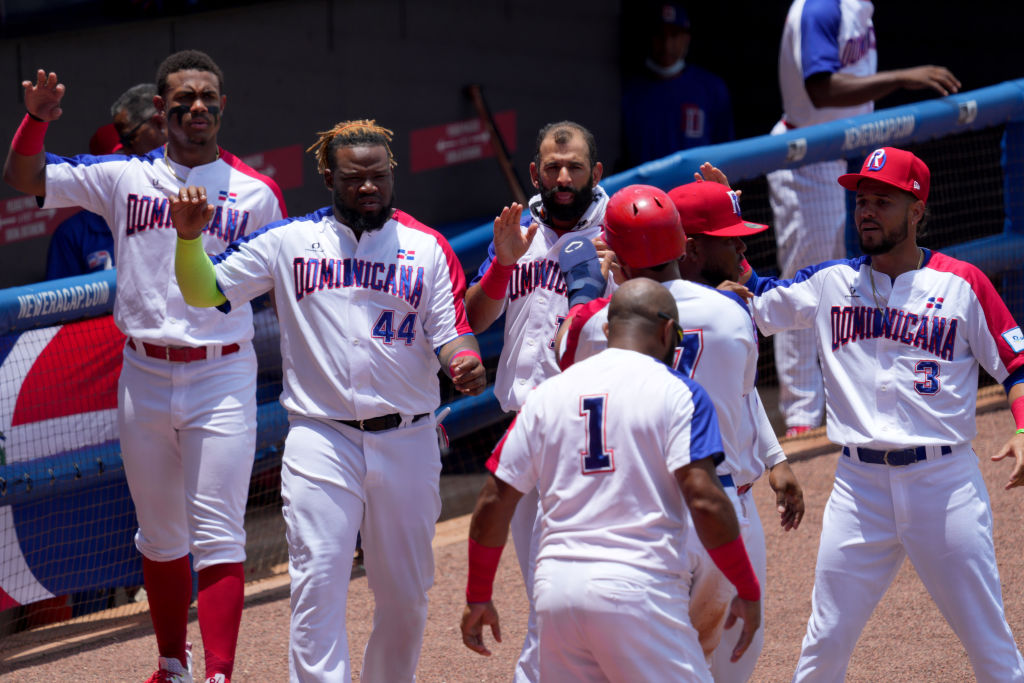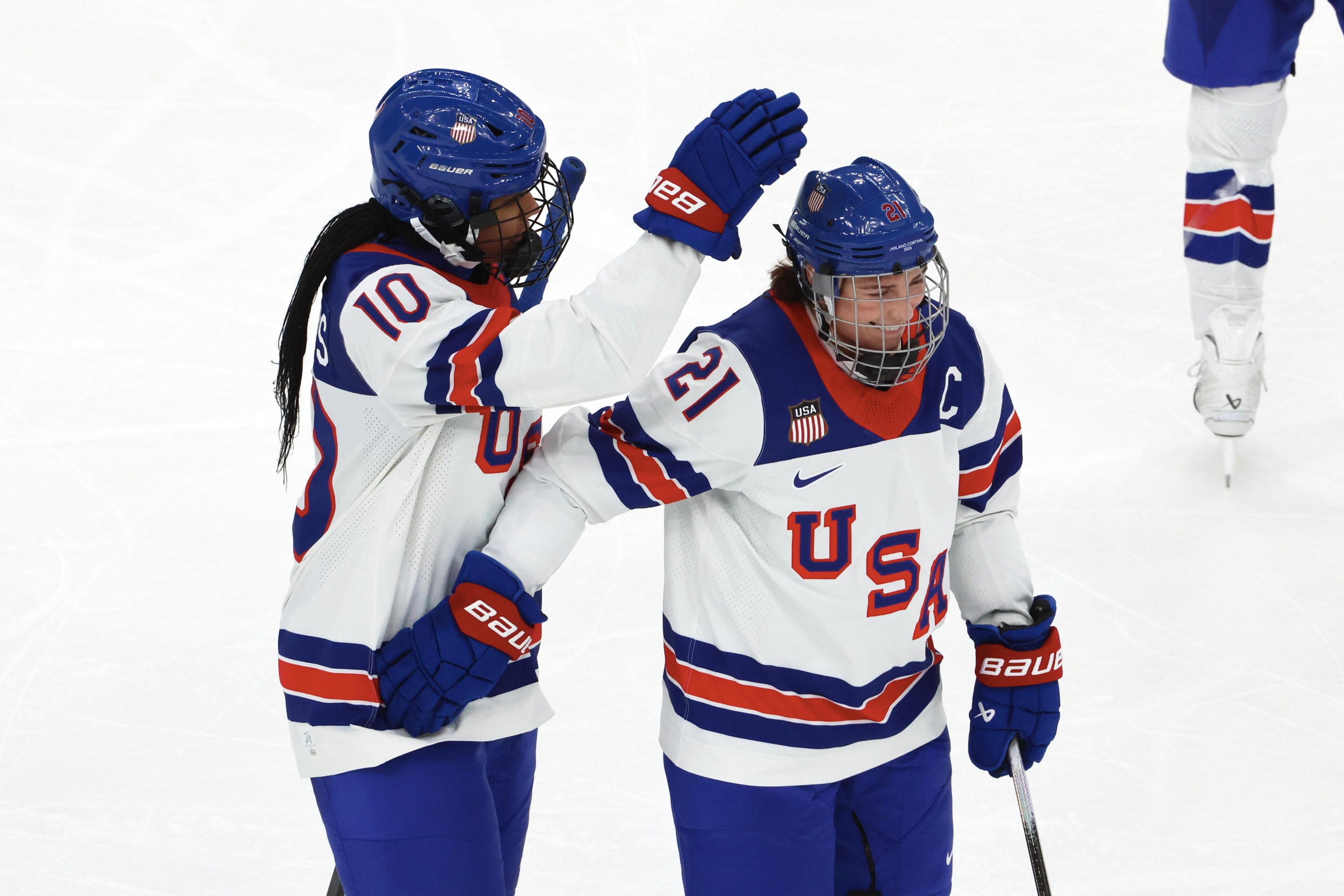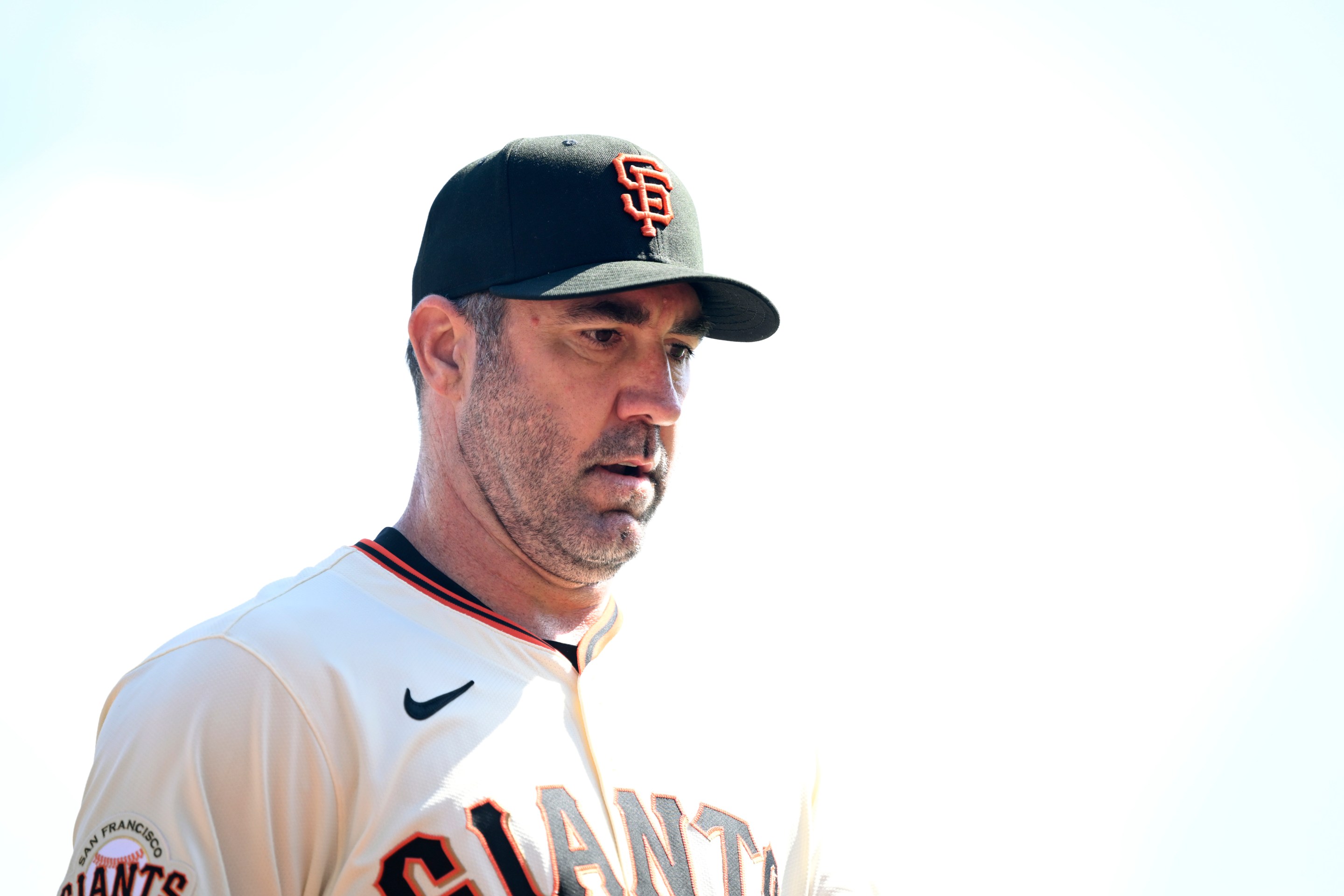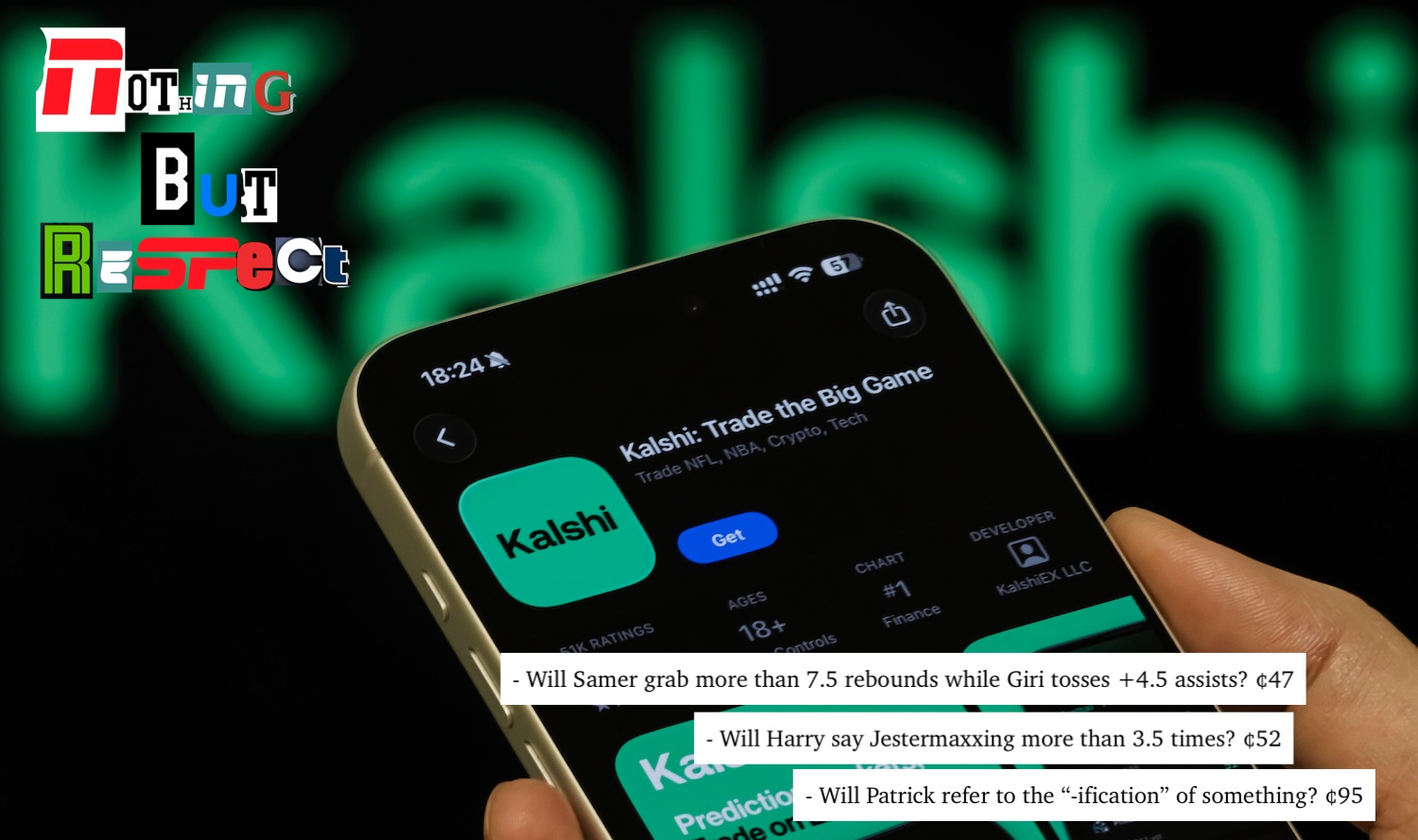Back in March, when the players were locked out and the MLBPA was engaged in a heated CBA negotiation with the owners, both sides agreed to punt to the summer the question of what to do about international free agency. Since then, a long and more under-discussed negotiation has been taking place, with each side exchanging proposals for installing an international draft that would effectively end international free agency. The deadline for that negotiation came and went on Monday, and no deal was reached. The status quo will remain.
The story of why an international draft was even on the negotiating table in the first place is a long and sad one. For a long time, MLB teams were free to scout and sign players from outside the United States in whatever way suited them. It was a truly free market, and if there was a prospect that a team badly wanted, they would have to be willing to outspend the competition in bonus money in order to secure the player's signature. The owners hated this, of course, as their goal is to drive down labor costs at every opportunity, and so they started negotiating clauses into the CBA that were designed to curtail such free spending. The first step was to give each team an annual pool of money that limited what could be spent on international signing bonuses. Each team would only have a few million dollars in the pool each year, and any spending above the limit would result in heavy tax and draft pick penalties. That soft cap did not stop teams like the Red Sox from doing things like paying Yoan Moncada a $31.5 million bonus, and just eating the tax penalties.
So the owners decided to tighten the screws, introducing a hard-capped bonus pool system. This is the system as it currently exists, and it has led to some extremely bad outcomes. These new pools, which are set every year based on league revenue, have not only turned the international signing period into a zero-sum game for non-American players, they have allowed teams to look ahead and game out how much bonus pool money they'll have to spend years in advance. This has led to a system in which teams are constantly entering into pre-agreements with younger and younger players. Instead of waiting until a player turns 16 or 17 and then trying to sign him with a portion of their bonus pool, teams are increasingly finding players as young as 12 or 13 and getting them to sign a pre-agreement for a contract and bonus that they will receive years down the line, when they are legally old enough to sign with an MLB team.
A system in which pre-teens from countries like the Dominican Republic are routinely entering into handshake deals with billion-dollar sports teams can most generously be described as extremely fucking shady. In the best version of this interaction, you have kids dropping out of school before they are teenagers so that they can go to a baseball academy and hopefully catch an MLB scout's eye in time to get a pre-agreement. There are all sorts of predatory middle men who broker such deals swirling around a system like this, whose livelihoods depend on how well they can sell children to MLB teams. I'm sure you can think of some bad outcomes that specific set of incentives might lead to. And then you have what happened to Fraidel Liriano.
The thing about these pre-agreements is that there's nothing really stopping the teams from backing out of them at any time. That's what happened to Liriano, who recently spoke to The New York Times about his experience with the Rangers. After leaving school at age 12 to attend the same private baseball academy that produced Rafael Devers, Liriano entered into a pre-agreement with the Rangers for $1.5 million. Liriano was 15 at the time, and so would have to wait until he was 16 before he could sign anything official and binding with the team. And then the Rangers backed out:
Liriano said he understood that there was a risk with an unwritten and unenforceable pact, but he never expected what came next: When it came time to officially sign Liriano, the Rangers did not. Rodríguez said he later learned it was because the Rangers didn’t have any more room in their international signing bonus pool of $5.3 million.
“To promise fulfilling a dream for a kid that has spent his whole life fighting and working to achieve it and at the end to tell them, ‘No, there’s nothing,’ that’s something very frustrating,” Liriano said.
The New York Times
This is a system that needs fixing, and that's what MLB argued the international draft would do. But it's difficult to take any concerns the league expresses about the current system at face value. For one thing, this is a mess that the league itself went to great lengths to create each time it tamped down on spending in international free agency. There's also the fact that the international draft is something the league has wanted for years and years—just one more chunk bitten out of the free-market spending that used to define the sport—and the increased degradation of this particular system only makes it easier for the league to argue that instituting a draft is the only way forward.
Drafts are archaic and immoral, and the MLBPA was right to reject the league's proposal for imposing one on international free agents. The union is not free of blame here, though, as it allowed the owners to continue putting spending caps on international free agency during previous CBA negotiations. It is of course the union's duty to serve the best interests of its members, which is why it gave the owners such power over non-members in exchange for other concessions at the bargaining table, but that's a decision that comes with a cost.
And that's the root of the problem—none of the kids who are currently being bought and sold and taken advantage of in places like the Dominican Republic have anyone specifically representing their interests in the rooms where their fates are being decided. They are just a bargaining chip to be used by people who don't care about them. During these latest negotiations, the league dangled the qualifying offer in front of the players' union, proposing to do away with it entirely in exchange for instituting an international draft. The union didn't bite, but the owners will be back with another offer before too long.
If MLB really cared about children being chewed up by a corrupt system, they could snap their fingers and apply a number of fixes tomorrow—banning pre-agreements and actually punishing teams who engage in them would be a good start. But that would require them to think of people like Fraidel Liriano as something more than just a piece of leverage, and a country which has contributed so much life and talent to the game as something more than just a labor battleground.






